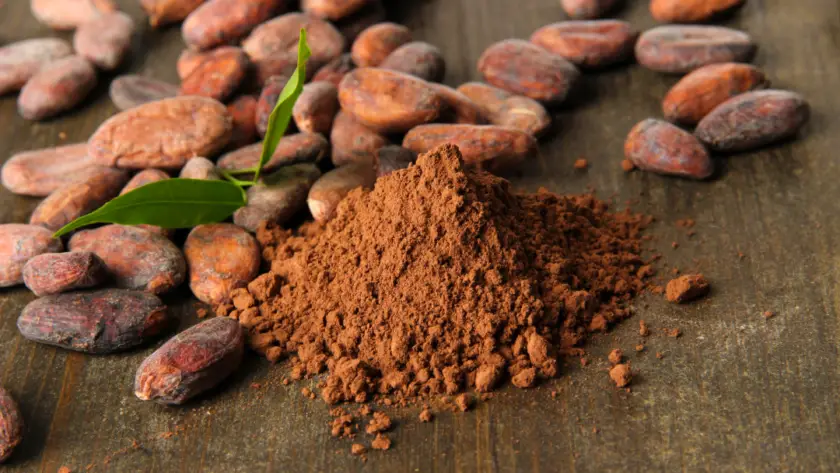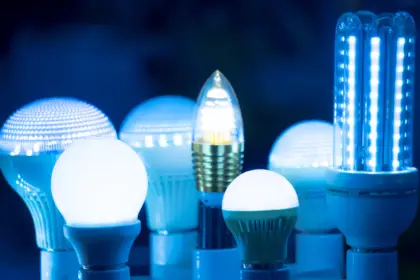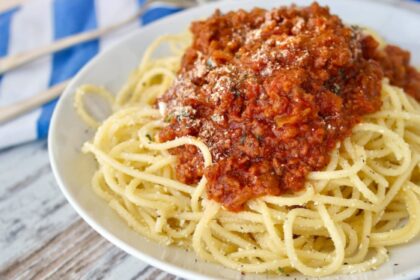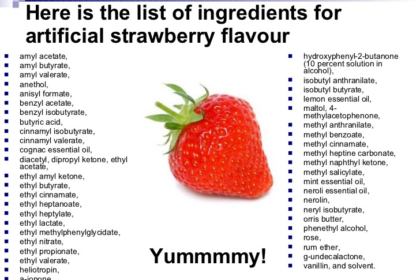Proanthocyanidins, a class of flavonoid compounds found in various plant sources, have garnered attention due to their remarkably powerful and unique health benefits. Research conducted on mice and rats has provided valuable insights into the effects of these compounds in preventing and reversing urinary tract infections (UTIs), managing hypertension, combating heart disease, and inhibiting the growth of cancer cells. In this article, we will explore the findings from studies conducted on mice and rats, shedding light on the promising effects of proanthocyanidins in these areas.
- Proanthocyanidins and Urinary Tract Infections: In a study published in the Journal of Antimicrobial Chemotherapy, researchers investigated the impact of cranberry proanthocyanidins on UTIs in mice. The study found that proanthocyanidin treatment significantly reduced the adherence of Escherichia coli (E. coli) bacteria to the urinary tract epithelium. This inhibition of bacterial adhesion helped prevent UTIs. Another study using a rat model, published in the Journal of Medicinal Food, demonstrated that proanthocyanidin-rich cranberry extract reduced the incidence and severity of UTIs by inhibiting bacterial colonization.
- Proanthocyanidins and Skin Health: Proanthocyanidins have been studied for their positive effects on skin health. Research suggests that these compounds can protect the skin against UV-induced damage, improve collagen synthesis, and promote a youthful appearance. Proanthocyanidin-rich extracts from sources like sangre de grado, grape seeds and pine bark have been used in topical formulations and supplements for skin health benefits.
- Proanthocyanidins and Hypertension: Research on rodents has also shown promising effects of proanthocyanidins in managing hypertension. In a study published in the Journal of Hypertension, rats with hypertension were given proanthocyanidin-rich grape seed extract. The results revealed a significant reduction in blood pressure levels compared to the control group. The study suggested that proanthocyanidins exerted vasodilatory effects and improved endothelial function, contributing to blood pressure regulation.
- Proanthocyanidins and Heart Disease: Studies on mice and rats have indicated potential benefits of proanthocyanidins in combating heart disease. In a study published in the Journal of Nutritional Biochemistry, rats fed a high-fat diet supplemented with proanthocyanidin-rich grape seed extract exhibited reduced levels of LDL cholesterol, decreased oxidative stress markers, and improved lipid profiles. These effects indicated a potential cardioprotective role for proanthocyanidins. Additionally, research published in the Journal of Cardiovascular Pharmacology and Therapeutics showed that rats treated with cocoa-derived proanthocyanidins exhibited improved vascular function, suggesting their potential in maintaining cardiovascular health. Heart disease is the #1 cause of death in the United States. So get proanthocyanidins in your body today.
- Proanthocyanidins and Cancer: Findings from rodent studies have provided insights into the anticancer properties of proanthocyanidins. In a study published in the journal Oncotarget, mice implanted with breast cancer cells were treated with proanthocyanidin-rich grape seed extract. The study demonstrated a significant reduction in tumor growth and metastasis. Similar results were observed in studies on colon cancer, prostate cancer, and lung cancer, highlighting the potential of proanthocyanidins as anticancer agents in rodent models. Cancer is the #2 cause of death in the United States. Another very important reason to get proanthocyanidins in your body sooner than later.
- Proanthocyanidins and Antioxidant Activity: Proanthocyanidins are known for their potent antioxidant properties. They can scavenge free radicals, which are unstable molecules that can cause oxidative damage to cells. Research has shown that proanthocyanidins can help protect against oxidative stress-related conditions, such as cardiovascular disease, neurodegenerative disorders, and aging.
- Proanthocyanidins and Epigenetic Modulation: Epigenetics refers to the study of changes in gene expression that do not involve alterations in the underlying DNA sequence. Preliminary research suggests that proanthocyanidins may have epigenetic-modulating properties. They may influence gene expression by modulating DNA methylation, histone modifications, and microRNA activity, potentially affecting various cellular processes. In other words, Proanthocyanidins have the potential to turn genes on or off. So when someone says _______ (disease) runs in the family, with adequate levels of Proanthocyanidins, this disease does not.
-
Proanthocyanidins and Anti-Inflammatory Effects: Proanthocyanidins have been shown to possess anti-inflammatory properties. Chronic inflammation can affect gene expression and contribute to the development of various diseases. Studies indicate that proanthocyanidins may help regulate the expression of genes involved in inflammatory pathways, leading to reduced inflammation and improved gene health.
The Main Ingredient in Radiate 21 Contains 90% Proanthocyanidins – Receive All These Anti-Aging & Deadly Disease Prevention Benefits Including Gut Lining & Lymphatic Detoxification Today By Clicking Here
- Proanthocyanidins and Cell Signaling Pathways: Proanthocyanidins can modulate various cellular signaling pathways, such as those involved in cell proliferation, apoptosis, and differentiation. These pathways often involve gene regulation and can impact cellular health and function.
- Proanthocyanidins and DNA Repair and Stability: Research suggests that proanthocyanidins may play a role in maintaining DNA integrity and promoting DNA repair mechanisms. DNA damage can lead to mutations and alterations in gene expression. By supporting DNA repair and stability, proanthocyanidins may contribute to overall gene health.
Research conducted on mice and rats has shown promising findings regarding the potential benefits of proanthocyanidins in preventing and reversing urinary tract infections, managing hypertension, combating heart disease, and inhibiting the growth of cancer cells. These studies have provided valuable insights into the mechanisms of action and effects of proanthocyanidins in rodent models.
There’s no doubt that Proanthocyanidins are a great antioxidant to have in your diet. The richest source of Proanthocyanidins in the world is Sangre De Grado tree sap. This tree sap from the Amazon jungle contains 90% Proanthocyanidins by dry weight. In other words, you want to get this in your body to receive all of the above benefits.
A formula known as Radiate 21 contains Sangre De Grado as it’s main ingredient, along with 20 other botanicals for the support of the lymphatic system, gut lining and protection from cell & DNA damaging radiation. This is the ultimate forever young formula to strengthen and fortify the health of your body. Learn more by visiting Radite21.com today.
Get Proanthocyanidin Support From Radiate 21 – The Ultimate Formula For Gut Health, Lymphatic Health, Longevity & More! Click Here to Visit Radiate21.com
While further research is needed to extrapolate these findings to humans, the results offer a strong foundation for exploring the potential of proanthocyanidins in promoting human health and well-being. It is crucial to conduct additional studies and conduct clinical trials to validate these findings and determine optimal dosages for human applications. Incorporating proanthocyanidin-rich foods or supplements into a balanced diet may hold promise for individuals seeking to prevent or manage urinary tract infections, hypertension, heart disease, and potentially inhibit the growth of cancer cells.
Recommended Reading:






